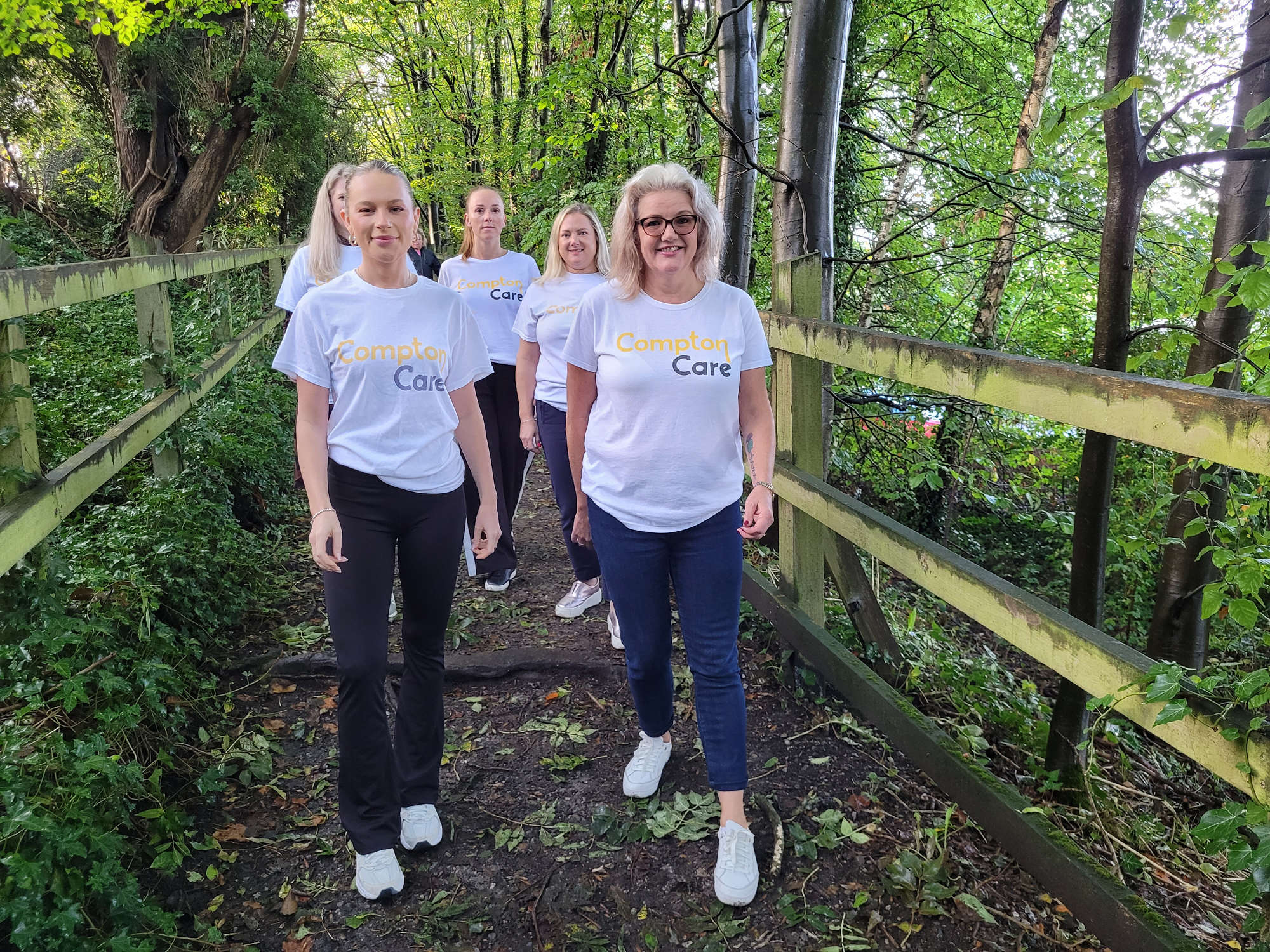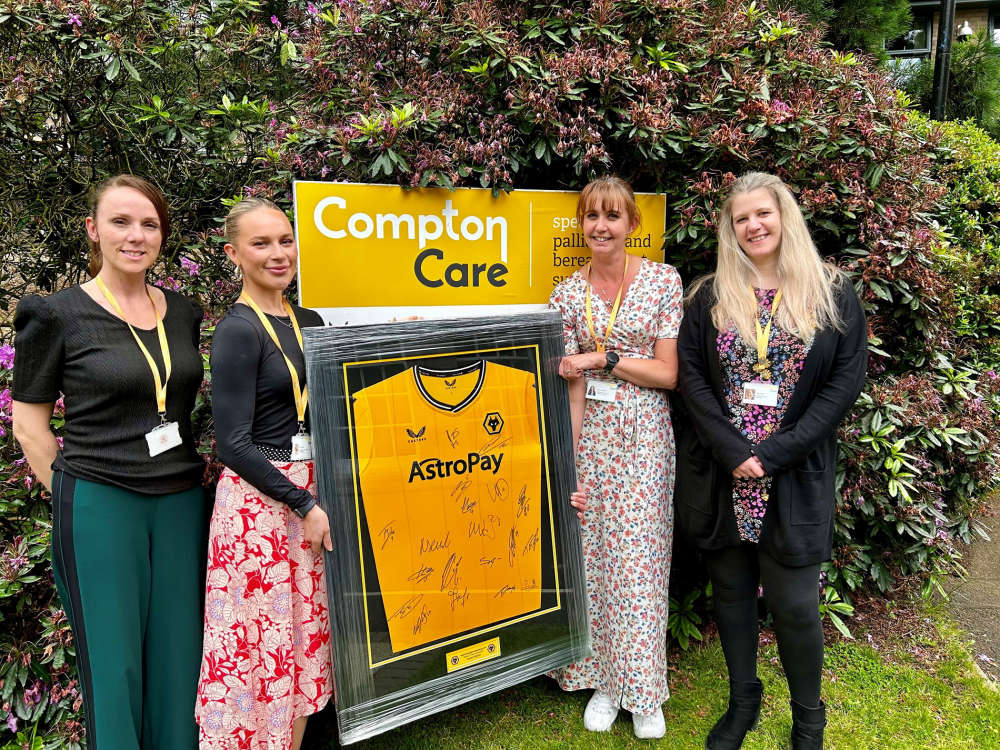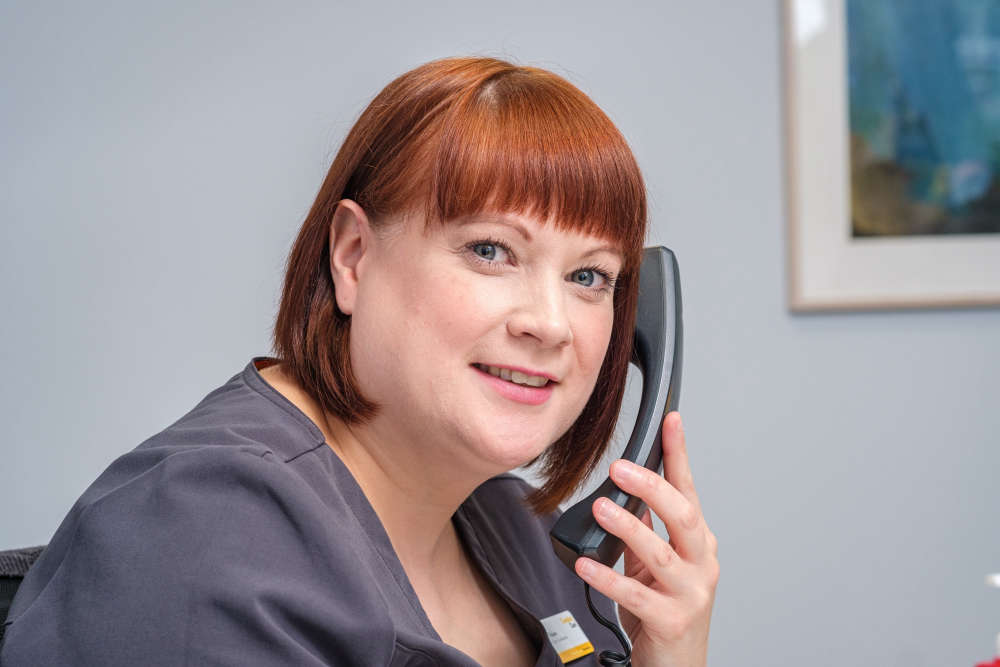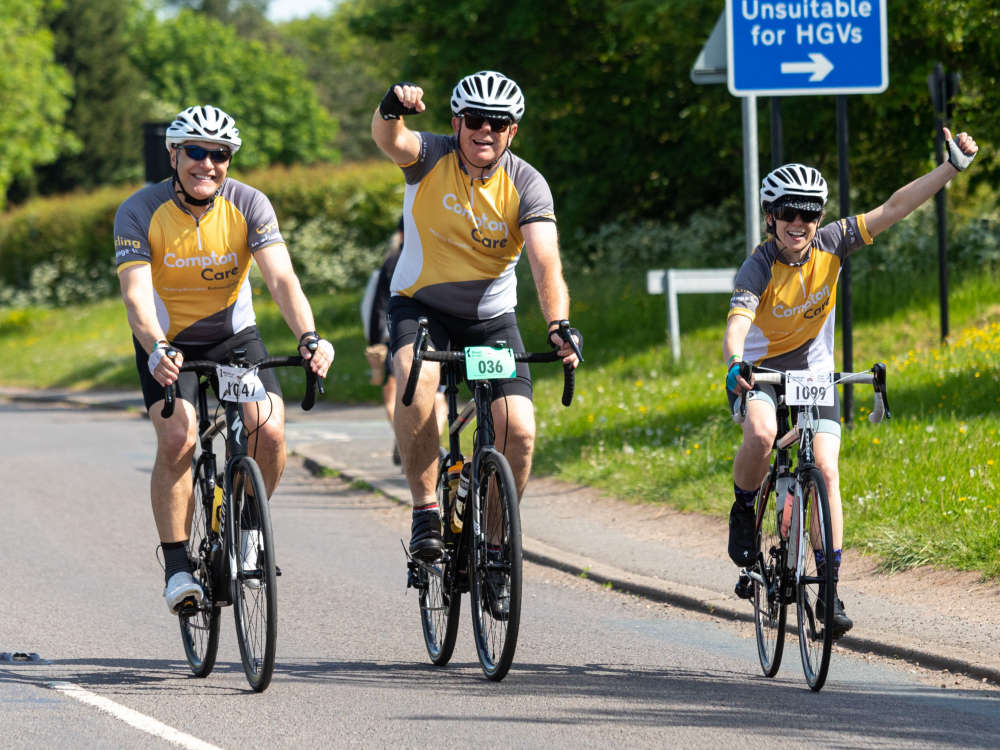
Funding for a project aimed at helping the city achieve net-zero emissions and improve services for citizens is set to be approved by cabinet.
The DIATOMIC (Digital lnnovAtion TransfOrMatlve Change) project will build a digital twin mirroring Birmingham - a virtual model of the physical world which will gather real time data such as pollution and traffic congestion.
As well as helping the city’s Route to Zero emissions ambition it will support the identification of local challenges that will improve citizens’ wellbeing and health.
Funded by Innovate UK West Midlands Innovation Accelerator, the city council is set to receive £1.035m – one of six organisations in a consortium receiving a total of £6.1m. It is one of only five projects selected from 30 submissions, where the city council will be playing a critical role in delivering core aspects of the project. Birmingham and the West Midlands will benefit to the tune of around £30 million over the next two years, supporting economic development.
A digital twin works by having sensors in the area being studies. These sensors produce data about different aspects of performance, such as energy output, traffic congestion, pollution and access to services. Once informed with such data, the virtual model can be used to run simulations, study performance issues, and generate possible improvements and valuable insights — which can then be applied back in real-life.
Cllr Jayne Francis, Cabinet Member for Digital, Culture, Heritage and Tourism, said: “This is a great way of helping us tackle the big challenges facing the city, seeing what works and where the problems are using real-time data; that way we can invest intelligently, making sure we can be even more confident of results that will help our residents.
“There will be some really pioneering work happening in east Birmingham, tied to our inclusive growth programme, unlocking opportunities for local tech and social enterprises, which traditionally attract people from more disadvantaged communities.
“It is also about being even more outward looking, enabling city-to-city partnerships. Much like the cultural, sister city relationships that many cities have, but with the focus of these partnerships being economic in nature. We are positioning Birmingham as a leading UK city in digital innovation.”
The project will also unlock a more innovative procurement system to benefit smart, agile and local talent to support Birmingham-based businesses as well as enhance Birmingham’s international profile and helping business to access new, global markets.
Other organisations in the consortium are Birmingham City University, Aston University, University of Birmingham, the Greater Birmingham Chambers of Commerce and Connected Places Catapult (CPC).
The report will go before cabinet committee on 16 May.

 Charity Trade Event to Celebrate Brewers Decorator Centres Wolverhampton’s 2nd Birthday
Charity Trade Event to Celebrate Brewers Decorator Centres Wolverhampton’s 2nd Birthday
 Local charity invites you to ‘Walk for Compton’
Local charity invites you to ‘Walk for Compton’
 Win a signed Wolves shirt! And support local specialist palliative care charity, Compton Care
Win a signed Wolves shirt! And support local specialist palliative care charity, Compton Care
 TV Star and DJ, Jordan Davies to Appear at Wolverhampton's Gorgeous Nightclub
TV Star and DJ, Jordan Davies to Appear at Wolverhampton's Gorgeous Nightclub
 Kelly Walker-Reed Steps Down as CEO of Wolverhampton LGBT+
Kelly Walker-Reed Steps Down as CEO of Wolverhampton LGBT+
 Compton Care opens new community hub in Dudley *Exclusive offers and goody bags available!
Compton Care opens new community hub in Dudley *Exclusive offers and goody bags available!
 The way we talk about Dying Matters - Compton Care gives expert advice during national awareness week
The way we talk about Dying Matters - Compton Care gives expert advice during national awareness week
 Saddle up! Only a few weeks left to sign up for Compton Care’s Round the Wrekin cycling event!
Saddle up! Only a few weeks left to sign up for Compton Care’s Round the Wrekin cycling event!





Comments
Add a comment